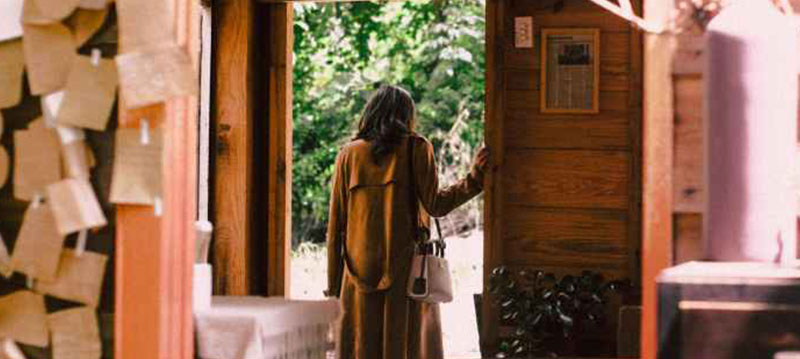
27 May Lockdown and Domestic Abuse
As a family lawyer, I am used to dealing with parties who are dealing with issues of domestic abuse.
It is never an easy situation, but with couples now forced to remain under the same roof during lockdown the tensions are higher than ever, and without the “release” of being able to leave the house to go to work, or to go and meet up with friends for coffee, the situation can become explosive. The government acknowledges that the order to stay at home can cause anxiety for those who are experiencing or feel at risk of domestic abuse.
There is never an excuse for domestic abuse, no matter what the circumstances are. The first thing to note, then, is that there is now clear government guidance – if you feel that you are at risk of domestic violence you CAN leave your home and go to stay with a friend or family member if you need to do so to find safety.
For anyone who feels they are at risk of abuse, it is important to remember that there is help and support available to you.
You are not alone.
Friends, family, neighbours and community members can be a vital lifeline to those living with domestic abuse. If you are worried that someone you or someone you know may be a victim of domestic abuse, then remember that that the police and support services are still there to help.
What is domestic abuse?
It is also important to understand that domestic abuse is not always physical violence. The following are just some examples of behaviours which are domestic abuse
- coercive control and ‘gaslighting’
- economic abuse
- online abuse
- verbal abuse
- emotional abuse
- sexual abuse
If you are concerned that you are experiencing or at risk of experiencing the above then you need to get help (details below).
What if a friend of family member is experiencing abuse?
Whilst every case is different, there are a few indicators you can look out for, including, such as changes in behaviour, unexplained bruises, being withdrawn etc. Perhaps you can hear fighting through your neighbours walls, or with the beautiful weather and people spending more time in their gardens, you may hear something in the tone of voice which raises concern. Of course, it may be more difficult to spot such signs if you are not in regular face to face contact during the lockdown, but keeping in regular touch via telephone or video etc may help you to recognise the signs, and may also give the potential victim an opportunity to speak up.
Where to get help
If you are at risk of abuse and would like a free no obligation call to discuss your options, then click here
Call 999
If you are in immediate danger, call 999 and ask for the police – the police will continue to respond to emergency calls.
If you are unable to speak as the perpetrator is present, then you should listen to the operator and try to communicate by coughing or tapping on the handset. If you are calling from a mobile phone then after you have dialled 999 you can then dial 55 which will transfer your call to the police. You can find more about this service here: Make Yourself Heard
National Domestic Abuse Helpline
Refuge runs the National Domestic Abuse Helpline, which you can call for free, and in confidence, 24 hours a day on 0808 2000 247. Its website provides guidance and support for potential victims, as well as those who are worried about friends and loved ones.
Refuge’s website includes a range of resources on identifying the signs of domestic abuse, and a safety guide for women and children who are living with a perpetrator. It also features a tech abuse chat-bot with step-by-step instructional videos on how to secure devices such as phones and laptops. Look for the pink button in the bottom-right corner.
Women’s Aid
Women’s Aid has a range of direct services for survivors, including a live chat service and an online Survivors’ Forum. They have developed additional advice specifically designed for the current coronavirus outbreak. You can also find your local domestic abuse service on their website. They also provide information on the support helplines available in Wales, Scotland and Northern Ireland.
Men’s Advice Line
It is important to recognise that that domestic abuse does not just apply to women. It can be very difficult for me to seek help if they are experiencing domestic violence, but the Men’s Advice Line is a confidential helpline for male victims of domestic abuse and those supporting them.
If you would like assistance with a family law issue, then click here for a free telephone appointment to discuss.
Elaine Foster is an experienced family lawyer who assists in all matters of divorce, separation, arrangements for children, prenuptial agreements and cohabitation agreements.




Sorry, the comment form is closed at this time.